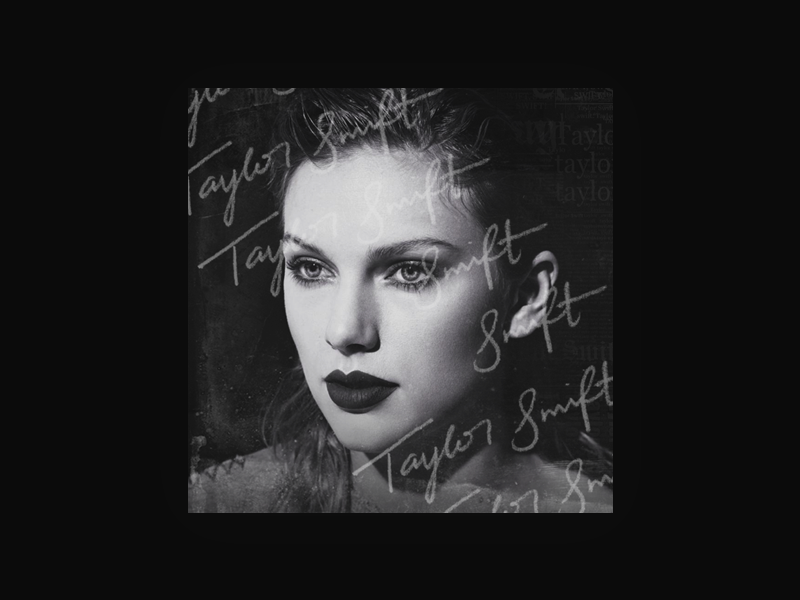
Red, Fearless, and Taylor Swift are youthful, softer portraits of a country Taylor gone by ( Variety calls this “ dweeb-era Taylor”). The New York Times’ Jon Caramanica called it “bombastic, unexpected, sneakily potent.” Rolling Stone’s Rob Sheffield called it “her most intimate album,” and Variety called it “maybe her best.” The album is not flimsy or cute like the follow-up Lover, and it’s more mature than Speak Now. (It’s her second lowest selling record, if you want to get all capitalist about it.) And yet, its critical reviews were glowing across the board. Taylor Swift's New Album Is Pretty Damn Good.Taylor Swift Is Truly ‘On Some New Shit’.Online, she’s opined to be petty, exhausting, and playing the victim. This Taylor Swift album appears to be aligning itself with the Trumpian narrative, and, in turn, reputation is perceived by some as a political statement. The timing couldn't be worse the optics are bad. We’re nearly one year post-election and in the midst of an unprecedented distrust in the media inspired by the constant all-caps whining of President Donald Trump. She doesn’t like how she lost control of her own narrative, how the Kanye drama spiraled and came to a head after “Famous” in 2016, and she’s angry. Six days later she shares the first single, “Look What You Made Me Do.” The message is clear: Swift wants you to know she isn’t going to put up with how the media treats her anymore.


She is poised and expressionless against a background of newspaper clippings that print her name over and over again. It’s August 2017, and Taylor Swift deletes her entire Instagram feed to announce her forthcoming album, reputation, with a video of a hissing snake.


 0 kommentar(er)
0 kommentar(er)
